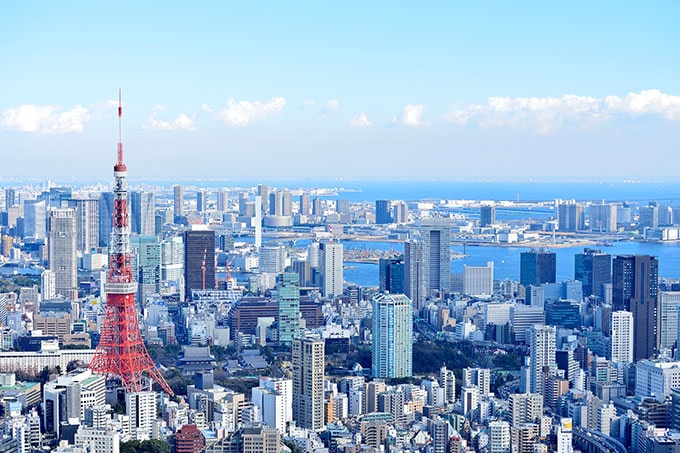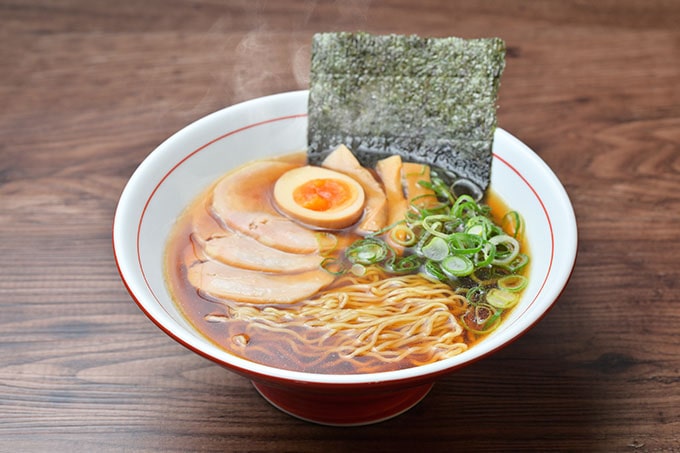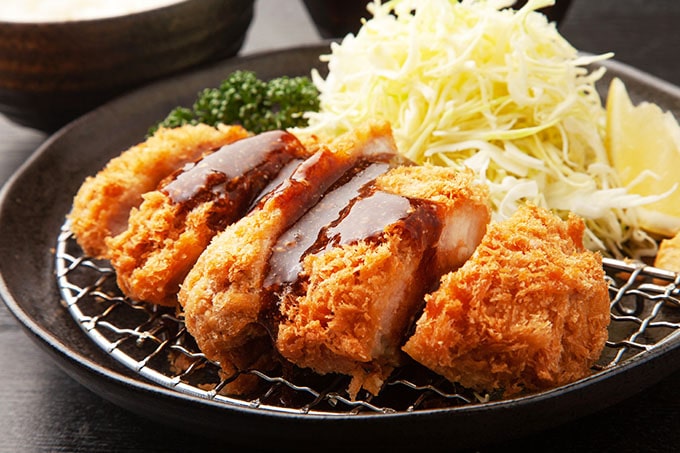What to Expect When Living as an Expat in Japan

When moving to Japan there is a lot to get used to. The language barrier, the new location, the completely different food culture… Just to name a few. It can seem overwhelming at first, especially when you don't know anyone nearby.
To help you with that potentially stressful situation, here we'll go through some of the issues many expats face when first moving to Japan, and some of the ways to deal with them. Knowing what to look out for in advance can make troubleshooting much easier!
The Language Barrier

By far the most prominent issue for most people when moving to Japan is the language barrier.
Some first-time visitors to Japan make the mistake of assuming English will be widely spoken to a high standard. Although that may be the case in some of the tourist destinations, living here can be quite different.
In the larger cities like Tokyo area , simple and common English phrases are likely to be understood. And many larger facilities like the town hall will have English speaking staff to guide you through the different processes of settling in . Even within Tokyo, the situation differs from ward to ward. In recent years, the central wards of Tokyo, such as Minato, Chiyoda, and Chuo, as well as the subcenters area of Shibuya and Shinjuku, have been rapidly becoming internationalized. It is very easy to find non-Japanese who stay in Japan.
However, it is easy to run into problems in everyday life, such as at the supermarket.
If you have absolutely no Japanese ability, it is a good idea to learn some of the basics, starting with:
- Konnichiwa - Hello
- Sumimasen - Excuse me
- Arigatou gozaimasu - Thank you
- Toire wa doko desu ka? - Where is the toilet?
Other than that, using very simple English is the best way to navigate a situation. The fewer words, the more likely you are to be understood. For example, at a convenience store, instead of saying “Could you heat this up for me please?” you are much more likely to see results by saying “Hot, please.” Google Translate has also come a long way, and is useful in a pinch.
If you intend to be in Japan for a long time, life will be much easier if you make time to take some Japanese classes. You'll likely impress your friends and co-workers, too.
The Food is Completely Different

If you're like me and have moved to Japan from a so-called Western country, you will probably find that the food available in Japan is very different to what you're used to.
In Tokyo and some of the larger cities, there is usually a good selection of non-Japanese restaurants. However, it can be hard to distinguish the restaurants with “authentic” dishes from the ones that have been highly altered to fit the Japanese palette. This is especially true outside of the cities . In this country, there is even a term for the Japanese adaptation of dishes from various Western countries, which is called 洋食(Yo-shoku), Western-style food.
What helped me was to start trying different dishes and going out of my comfort zone. Instead of being taken aback by the flavours I wasn't expecting in a pasta dish, I tried dishes that I knew were inherently different, such as ramen and katsudon (deep-fried meat on rice).


Eventually, I started learning how to cook Japanese food as well. Knowing what goes into the dishes not only made me more comfortable to try different things, but it also made me appreciate the cuisine much more.
If you want to try making some dishes for yourself, NHK World has a good library of some typical Japanese recipes. But you could also take it as an opportunity to meet other non-Japanese people by going to a cooking class.

It's Easy to Get Lost in Tokyo

Added to Tokyo's complex rail system, restaurants and shops can often be on the upper floor of a large complex with multiple entrances, making everything difficult to find.
When I first moved to Tokyo, I made the mistake of saying to friends “meet at Shibuya Station”. Little did I know that Shibuya had what felt like a million different exits, many of which were specific to certain train lines.
To get around this issue, it's best to plan your routes in advance and include a very specific meeting point. If you are meeting at a station, it is always best to say which exit.
If you are meeting at a restaurant or shop, it's a good idea to share the map location with your friend so you don't end up at different places with the same name.
Make sure you also have a portable charger and are connected to the internet, so that you can easily find your way and get in touch with anyone you're meeting up with.

There are plenty of bus routes in Tokyo as well, but many do not have English, so might require you to follow the route with your phone's map app. Otherwise, you can always grab a taxi.
Finding Clothes That Fit

Although some Japanese brands have started catering to “larger” sizes in recent years, the majority still run small in comparison to US or UK sizes. What might be considered an S in the UK is often marked as L in Japan. This goes not only for waist sizes, but also for height and shoe sizes.
However, Japanese people are generally highly sensitive to fashion. It is not difficult to find international brands in major department stores and street stores in central Tokyo.
Looking for a furnished property?

In most cases, when renting or buying an apartment in Japan, it is not furnished. Finding the right place to store and figuring out how to furnish it can be a challenge.
Of course, furnished rooms are available, especially in rental properties for foreigners; Ken Corporation is a leading real estate broker for foreigners in Japan, so if a room is available, they will refer you to a furnished room.
Thankfully, most furniture and appliance stores in Japan also offer delivery and installation services for unfurnished rooms. While this may require an additional fee, it relieves the stress of figuring out what to do with the items at your new home.
If, at any point, you decide to leave Japan and want to get rid of your items, most larger second-hand furniture stores have pick-up services so you don't need to worry about finding a way to transport larger items. You won't get nearly as much money back as you spent, but it's better than having to pay the fee for large garbage collection.
Now that you know a bit about what to expect from Japan life, it's time to start thinking about where to live! Take a look at some of our spacious and comfortable options for apartments and houses on KEN, and make the most of your time in Tokyo.